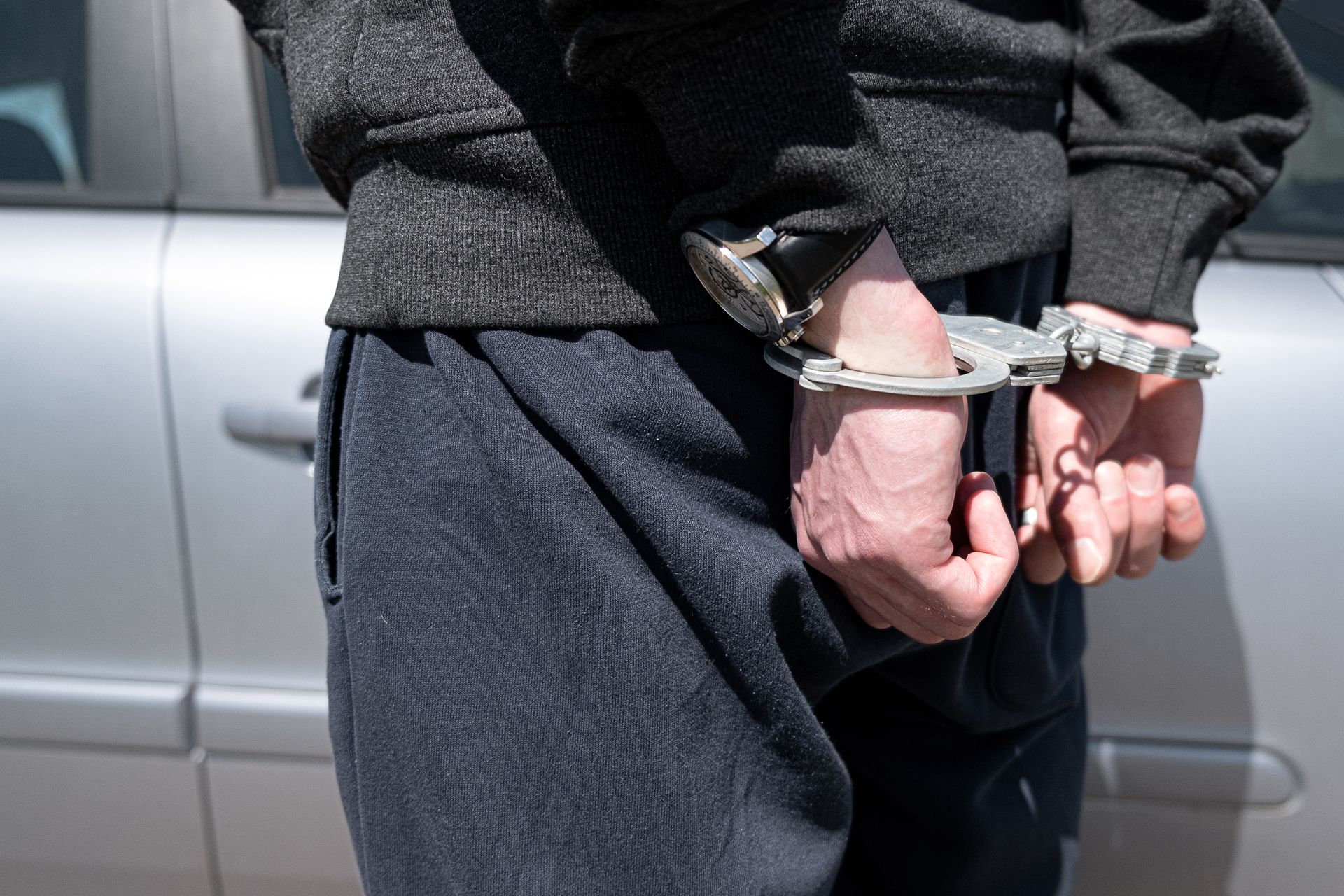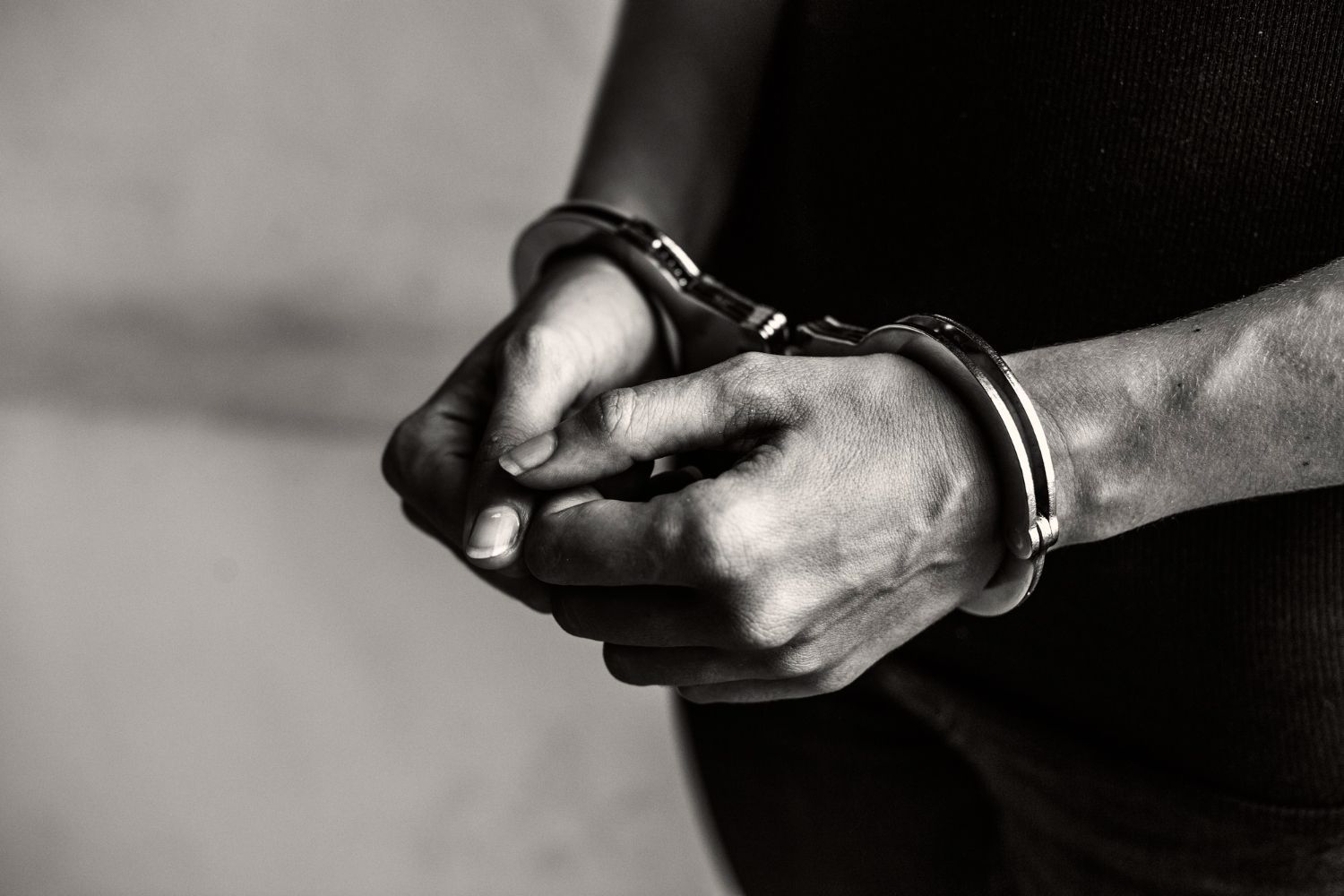Domestic Violence Charges in North Carolina: What You Need to Know About Bail
Facing a domestic violence (DV) charge in North Carolina is a serious matter that can have immediate consequences—even before your case goes to trial. If you or a loved one has been arrested on a DV-related charge, it’s important to understand how North Carolina law treats these cases, how bail is set, and what role protective orders and judge discretion can play in the process.
Domestic Violence Charges in North Carolina
Domestic violence cases in North Carolina typically involve allegations of assault, threats, harassment, stalking, or other criminal behavior against a spouse, partner, family member, or household member. Even a misdemeanor DV charge is handled differently than other criminal charges due to the safety concerns of alleged victims.
The Bail Process: What Makes DV Different
When someone is arrested for a domestic violence offense, the bail process is not as straightforward as it is for many other charges. North Carolina law (specifically N.C. Gen. Stat. § 15A-534.1) requires special rules for setting bond in these cases.
48-Hour Rule
- In DV cases, bond is usually not set immediately after arrest.
- Instead, the law requires that only a judge—not a magistrate—can set conditions of release within the first 48 hours of arrest.
- If no judge is available within that time frame, a magistrate may step in after the 48-hour window.
Although individuals are generally required to wait up to 48 hours before appearing before a judge, this is not always the case. For example, if the court is in session the following day after the arrest, the accused may be brought before a judge sooner.
Judge’s Discretion
At the bond hearing, the judge has broad discretion to decide:
- The type of bond (secured, unsecured, cash, or surety).
- The amount of bond, depending on the seriousness of the allegations, prior criminal history, and risk factors.
- Additional release conditions, such as no-contact orders, electronic monitoring, or substance abuse restrictions.
Due to this discretion, outcomes can vary significantly from case to case.
Protective Orders and Bail
Protective orders—commonly known as 50B orders in North Carolina—play a critical role in DV cases. A judge may issue a protective order that restricts contact between the defendant and the alleged victim. These restrictions can directly impact the bail process.
For example:
- Violating a protective order after release can lead to immediate re-arrest and new charges.
- Judges often consider protective orders when deciding whether the defendant poses a threat to the alleged victim or the community.
What to Expect at a Bail Hearing
If you or your loved one is facing a DV bond hearing in North Carolina, here are key things to know:
- The judge will review the allegations, criminal history, and risk of harm to the alleged victim.
- A bail bondsman can help secure release once the bond is set, provided all court-ordered conditions are met.
- The court may add strict conditions—such as staying away from a residence, avoiding certain people, or surrendering firearms.
Why This Matters
Domestic violence charges carry heavy legal and personal consequences, and the first 48 hours after arrest are often the most stressful. Understanding how the law works in North Carolina can help families prepare for what to expect and make informed decisions about bail.
If you or someone you care about has been arrested on a domestic violence charge, working with Angel Bail Bonds can provide guidance and support during this challenging process. Please call us at (919) 280-1830.
If you or someone you know is experiencing domestic violence, please call the
National Domestic Violence Hotline at
1-800-799-SAFE (7233) for confidential support and assistance.
















